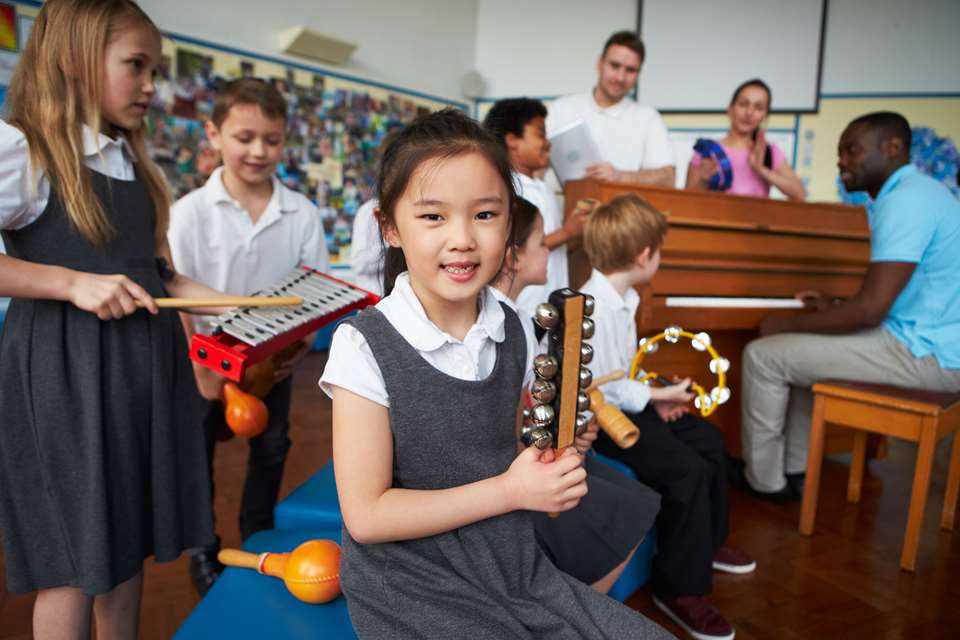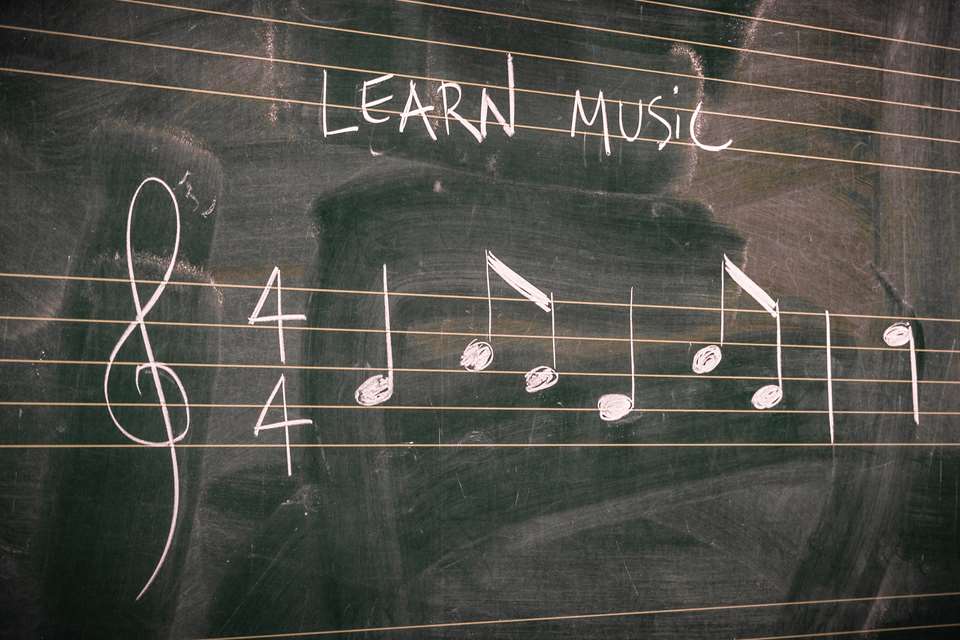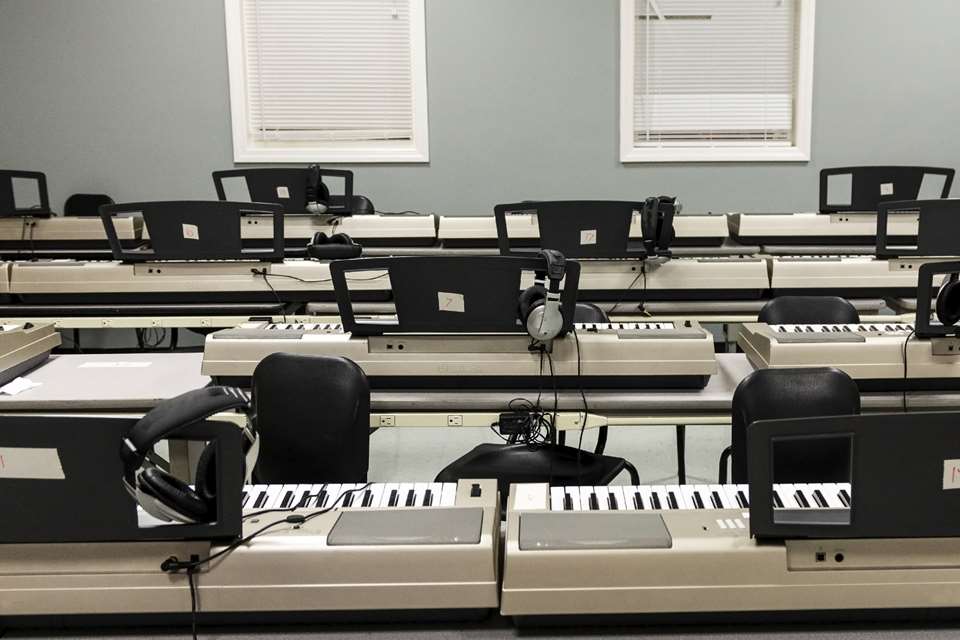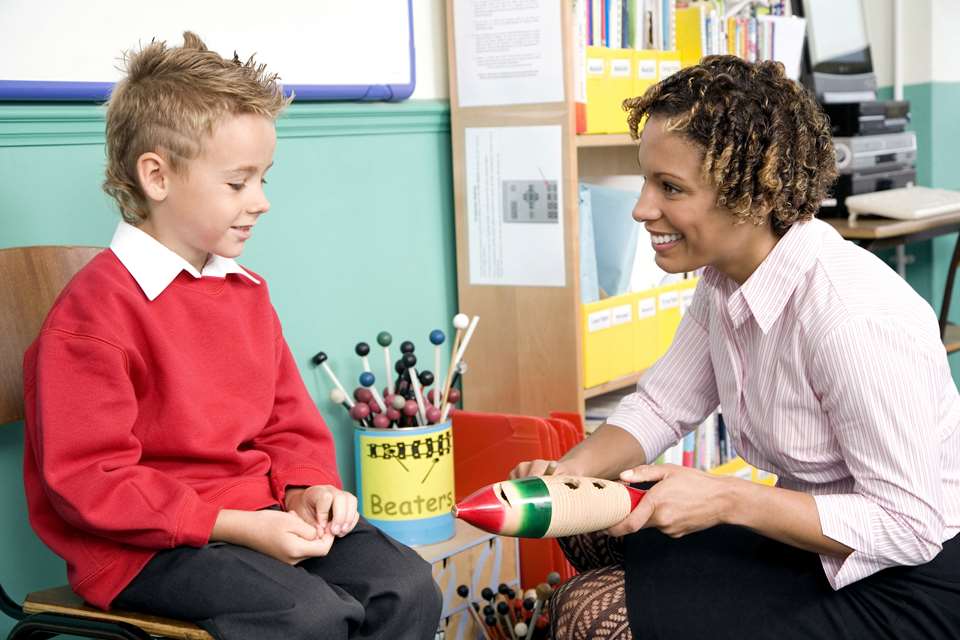Music national plan to come ‘early next year’, guided by panel and consultation report
Harriet Clifford
Tuesday, August 10, 2021
Only 8.2 per cent of consultation respondents believe that ‘high quality’ music education is currently ‘available to all children’.
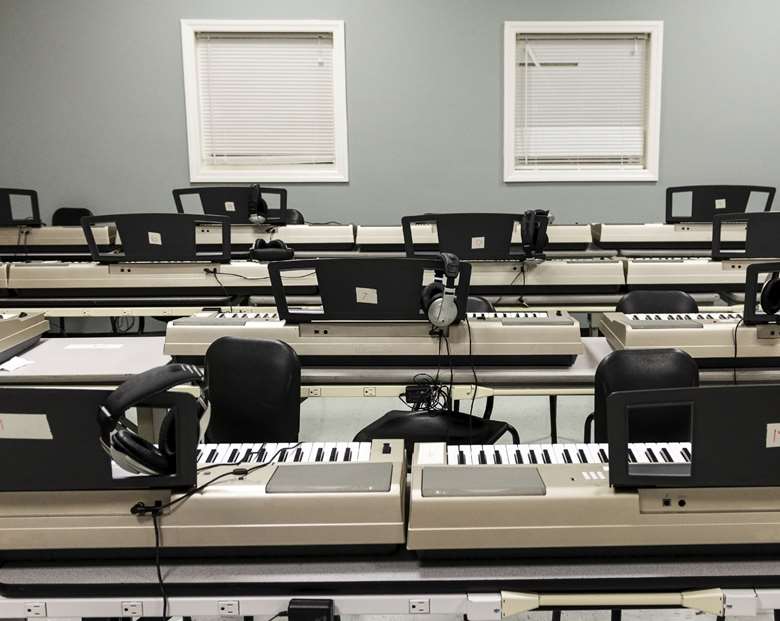
coachwood
The government has published a consultation report and appointed an ‘expert advisory panel’ to inform its National Plan for Music Education (NPME), which will be published ‘early next year’.
An updated NMPE is long-awaited, with the current plan dating back to 2011 and no confirmed date for a new version from the Department for Education (DfE) and Department for Digital, Culture, Media & Sport (DCMS), co-publishers of the document.
‘Could be better’
Based on a call for evidence run by the DfE between 9 February 2020 and 15 March 2020, the now-published consultation report summarises 5,191 responses, which the government says will help inform the next NPME.
The report found that 15 per cent of respondents (of 5,126 for this question) did not know that music education is compulsory in maintained schools, and only 8.2 per cent (of 5,105) said that a ‘high quality’ music education is being ‘fully’ delivered at Key Stages 1-3.
Thirty-six per cent said that it is being ‘fairly’ delivered, with music education available to all but the quality ‘could sometimes be better’, and 47 per cent believed that music education is not available to all children and the quality could be better.
Respondents to the consultation suggested that the DfE should provide more resources to teachers and better communicate the value of music to schools.
In a section on access and equality, 69.6 per cent of respondents felt that disabled people are underrepresented in music education, although only 1,953 of a total of 5,191 people responded to this question at all.
Further questions focus on awareness and effectiveness of the current NPME (35.7 per cent had never heard of it and 36 per cent believed it to be ineffective), hubs, technology, good practice, and the opinions of young people.
‘Rigorous and broad’
Alongside the report, the government has also announced a panel of 15 hub leaders, teachers, industry representatives and others who will ‘help produce’ the new NPME, chaired by Veronica Wadley Baroness Fleet.
The full list can be found here, but panellists include Bridget Whyte (Music Mark), Darren Henley (Arts Council England), Ed Watkins (West London Free School), Jamie Njoku-Goodwin (UK Music), Phil Castang (Bristol Beacon; Music Education Council), and YolanDa Brown.
Schools minister Nick Gibb said: ‘Having the opportunity to be taught and play musical instruments is enriching and fulfilling. I, like many others, wish I’d had a stronger music education and had more of an opportunity to play instruments in my time at school.
‘That’s why we want all schools to have a rigorous and broad music curriculum, that inspires their pupils to love music, and the new panel will play a vital part in achieving that by informing the new National Plan for Music Education.’
YolanDa Brown said: ‘Music is powerful, it gives joy, hope, escapism and more. I believe that every child and young person should have the opportunity to access and experience music with no barriers, from the most diverse composers and genres.
‘I am honoured to be part of the NPME advisory panel, full of passionate people who like me, want something special for young people across the country on their music education journey.’
The update on the much anticipated NPME comes as fears over A Level Music entries resurface, sparked by new research from professor Martin Fautley and Dr Adam Whittaker, which found that there could be no entries by 2033.
The full consultation report can be read here.


